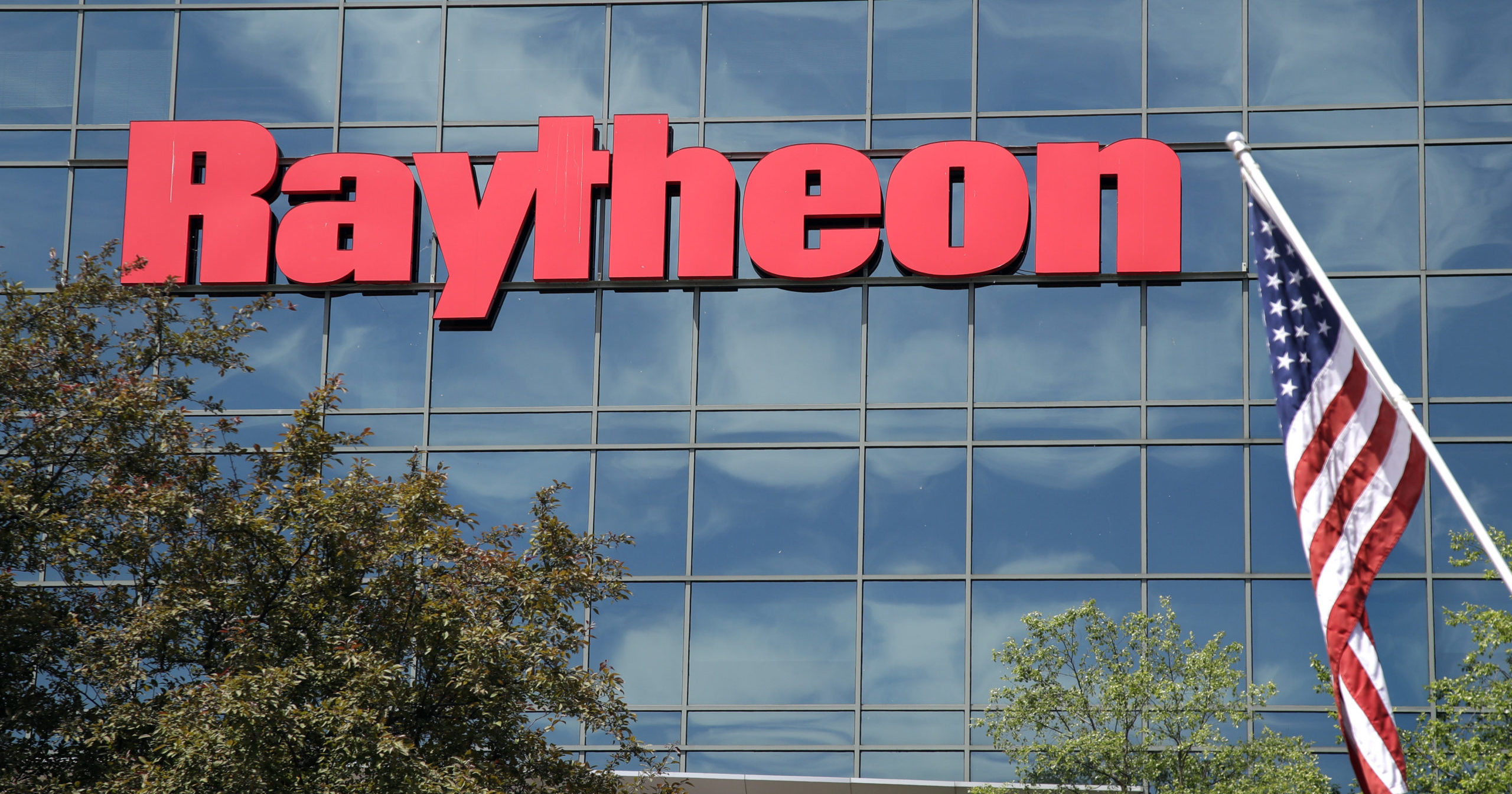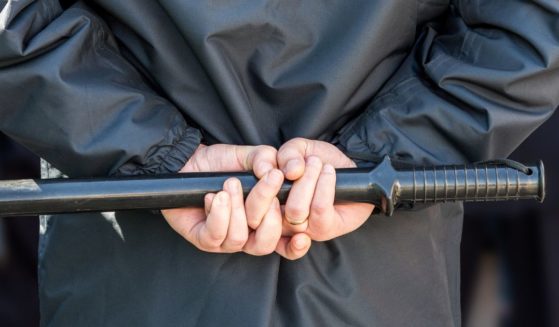
China Lashes Out at Major US Companies Over Massive Weapons Sale to Taiwan
China’s government said Monday it will impose sanctions on U.S. military contractors including Boeing’s defense unit and Lockheed Martin for supplying weapons to rival Taiwan.
Raytheon and “relevant American individuals” associated with the sales also will be affected, according to a foreign ministry spokesman, Zhao Lijian.
He gave no details of what penalties might be imposed or when.
The ruling Communist Party claims Taiwan, which split with the mainland in 1949 during a civil war, as part of its territory and has threatened to invade.
“In order to safeguard national interests, China decided to impose sanctions on the American companies that were involved in arms sales to Taiwan,” Zhao said at a regular news briefing.
Washington has no formal relations with Taiwan’s democratically elected government but is its main ally.
U.S. law requires the government to ensure Taiwan can defend itself.
Weapons sales to the island have increased in quantity and quality.
Last week, Beijing demanded Washington cancel a planned sale of 135 precision land attack missiles valued at just over $1 billion to improve its defenses.
The sale “seriously undermined China’s sovereignty and security interests,” Zhao said.
China has stepped up military activity around Taiwan in an attempt to force concessions from the pro-independence administration of President Tsai Ing-wen.
The Communist Party is using the mainland’s growing economic weight to pressure other governments to cut ties with Taiwan.
Beijing regularly pressures American companies including Boeing in an effort to influence U.S. policy.
China is one of Boeing’s biggest markets for commercial aircraft, which might make it vulnerable to a boycott, but Zhao mentioned only Boeing’s military arm, Boeing Defense, not its civilian jetliner business.
Lockheed Martin and Raytheon supply radar and other technology for civilian aviation.
The two governments have put sanctions on companies and individuals on both sides over a wide array of issues, though it is unclear whether they have any effect.
Washington has imposed travel and financial bans on Chinese officials and companies it says are linked to human rights abuses in the northwestern region of Xinjiang, where Muslim minorities have been detained in detention camps, and Hong Kong, where Beijing tightened control by imposing a strict national security law.
Beijing has retaliated by announcing sanctions against some U.S. legislators.
Zhao called on Washington to “stop arms sales to Taiwan and stop any military interaction with Taiwan.”
“We will continue to take necessary measures to safeguard national sovereignty and security interests,” Zhao said.
The Western Journal has reviewed this Associated Press story and may have altered it prior to publication to ensure that it meets our editorial standards.
Truth and Accuracy
We are committed to truth and accuracy in all of our journalism. Read our editorial standards.
Advertise with The Western Journal and reach millions of highly engaged readers, while supporting our work. Advertise Today.












